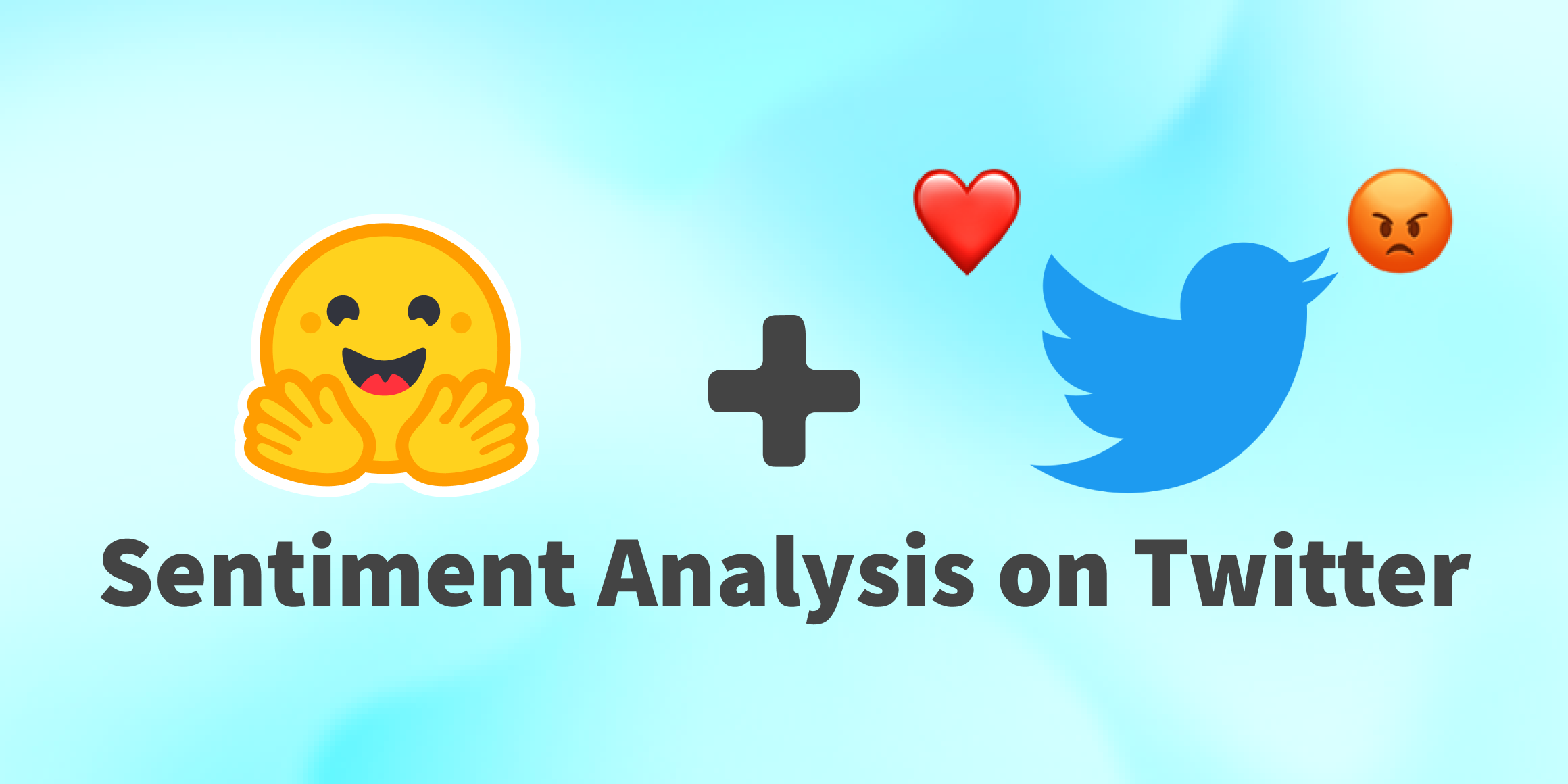In today’s digital age, social media platforms have become a bustling hub for individuals to express their thoughts and feelings. One such platform that has gained immense popularity is Twitter, where users share their opinions, experiences, and emotions in short, concise messages known as tweets. Sentiment analysis, a field at the crossroads of linguistics and machine learning, has taken center stage to unravel the emotional landscape embedded within these tweets. This article delves into the intricacies of sentiment analysis in Arabic tweets, exploring its significance, challenges, methodologies, and real-world applications.
Understanding Sentiment Analysis in Arabic Tweets

Sentiment analysis, often referred to as opinion mining, is the process of determining the emotional tone or sentiment expressed in a piece of text. In the case of Arabic tweets, this involves deciphering whether a tweet reflects a positive, negative, or neutral sentiment. With millions of tweets being posted daily, sentiment analysis provides valuable insights into public opinion, brand perception, and societal trends.
Significance of Sentiment Analysis in Arabic Tweets
The Arabic language, with its rich and nuanced expressions, presents unique challenges for sentiment analysis. Its cursive script and contextual intricacies require specialized techniques to accurately discern sentiment. Understanding the sentiment in Arabic tweets holds immense significance for various reasons:
1. Social Listening and Opinion Tracking
By analyzing Arabic tweets, businesses and brands can gain a pulse on how their products or services are being received. This real-time feedback enables them to make informed decisions, improve customer experiences, and address concerns promptly.
2. Political and Social Analysis
Sentiment analysis can play a crucial role in gauging public sentiment toward political events, social issues, and policies. This information aids policymakers in understanding public perceptions and tailoring their strategies accordingly.
3. Brand Reputation Management
Arabic tweets can heavily impact a brand’s reputation. Sentiment analysis allows companies to monitor online sentiment, identify potential PR crises, and take proactive measures to manage their image effectively.
Challenges in Analyzing Arabic Sentiment
While sentiment analysis has shown great promise, it encounters several challenges when dealing with Arabic tweets:
1. Dialectal Variations
Arabic encompasses a range of dialects, each with its linguistic nuances and emotional expressions. This diversity makes it challenging to develop a one-size-fits-all sentiment analysis model.
2. Sarcasm and Contextual Ambiguity
Arabic is rich in metaphorical and sarcastic expressions, often requiring an understanding of cultural context to correctly interpret sentiment.
3. Data Sparsity and Annotation
Building accurate sentiment analysis models demands large, labeled datasets. However, such resources are limited in the case of Arabic sentiment analysis, hindering model development.
Methodologies for Analyzing Arabic Sentiment
Researchers have developed various methodologies to tackle the complexities of Arabic sentiment analysis:
1. Lexicon-Based Approaches
These approaches utilize sentiment lexicons, dictionaries containing words and their associated sentiment scores, to analyze Arabic tweets. However, they may struggle with dialectal variations and contextual intricacies.
2. Machine Learning Models
Supervised machine learning models are trained on labeled datasets to predict sentiment. These models, such as Support Vector Machines and Recurrent Neural Networks, can capture contextual nuances to a certain extent.
3. Hybrid Approaches
Hybrid models combine lexicon-based methods with machine learning techniques, leveraging the strengths of both to achieve better accuracy in Arabic sentiment analysis.
Applications of Arabic Sentiment Analysis
Arabic sentiment analysis finds applications across diverse fields:
1. Political Climate Monitoring
Governments can gauge public sentiment towards policies and political figures, enabling them to respond effectively to citizen concerns.
2. Marketing and Branding
Companies can tailor their marketing strategies based on sentiment analysis to resonate better with their Arabic-speaking audience.
3. Social and Psychological Studies
Researchers can explore societal trends, emotions, and attitudes within Arabic-speaking communities, providing valuable insights into cultural dynamics.
Conclusion
In a world where words hold immense power, sentiment analysis of Arabic tweets offers a window into the emotions, opinions, and sentiments of millions. As technology advances and language models become more sophisticated, we can expect sentiment analysis to evolve, providing even deeper insights into the human experience within the digital realm.
Are you ready to harness the power of sentiment analysis for your business? Discover how AIM Technologies can empower you with cutting-edge tools and insights. Request a demo now to see how our solutions can transform your understanding of Arabic sentiment in the digital landscape.
FAQs
How accurate is sentiment analysis for Arabic tweets?
- Sentiment analysis for Arabic tweets is continually improving but can still encounter challenges due to dialectal variations and cultural nuances. Accuracy levels vary depending on the model and the quality of training data.
Can sentiment analysis detect sarcasm in Arabic tweets?
- While sentiment analysis models are becoming better at detecting sarcasm, accurately identifying it in Arabic tweets remains complex due to the language’s rich figurative expressions.
Are there specific tools for Arabic sentiment analysis?
- Yes, several tools and libraries are available for Arabic sentiment analysis, such as AFINN-AR for lexicon-based analysis and AraVec for word embeddings.
How can businesses benefit from Arabic sentiment analysis?
- Businesses can use Arabic sentiment analysis to monitor customer feedback, tailor their offerings, and manage their brand reputation effectively.
What are the prospects of Arabic sentiment analysis?
- As research continues and language technology advances, we can anticipate more accurate and contextually aware sentiment analysis models for Arabic, opening doors to new applications and insights.




